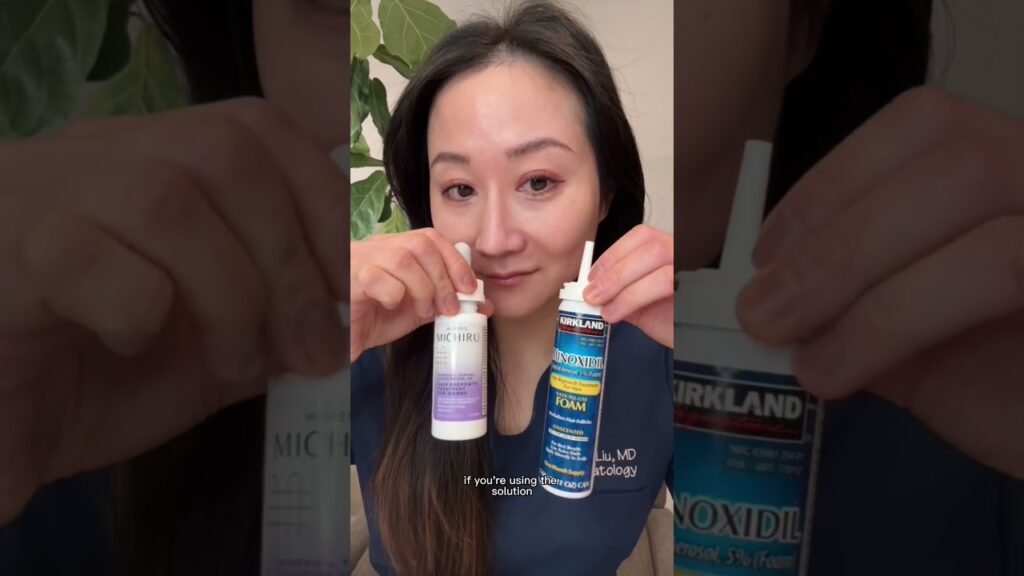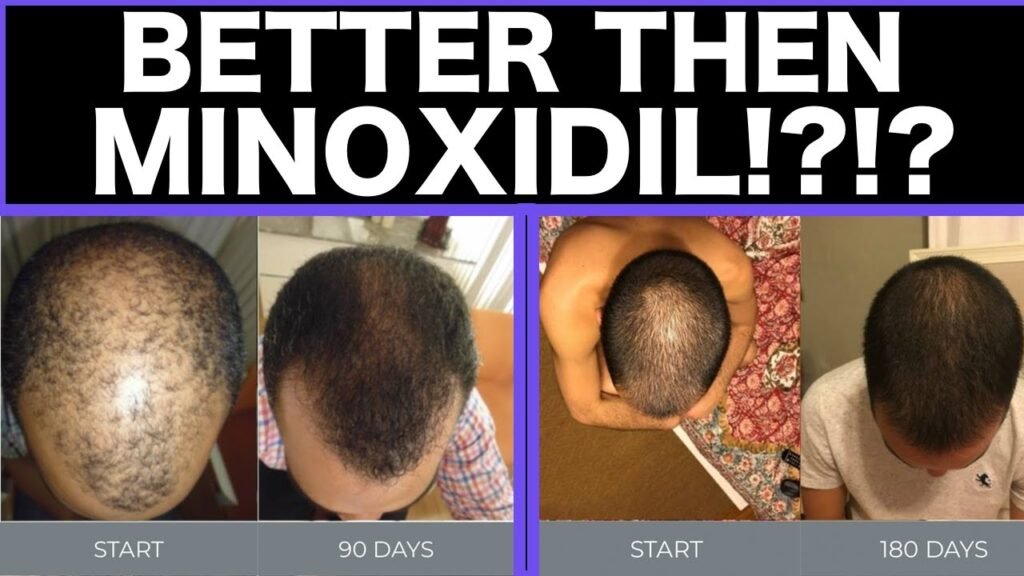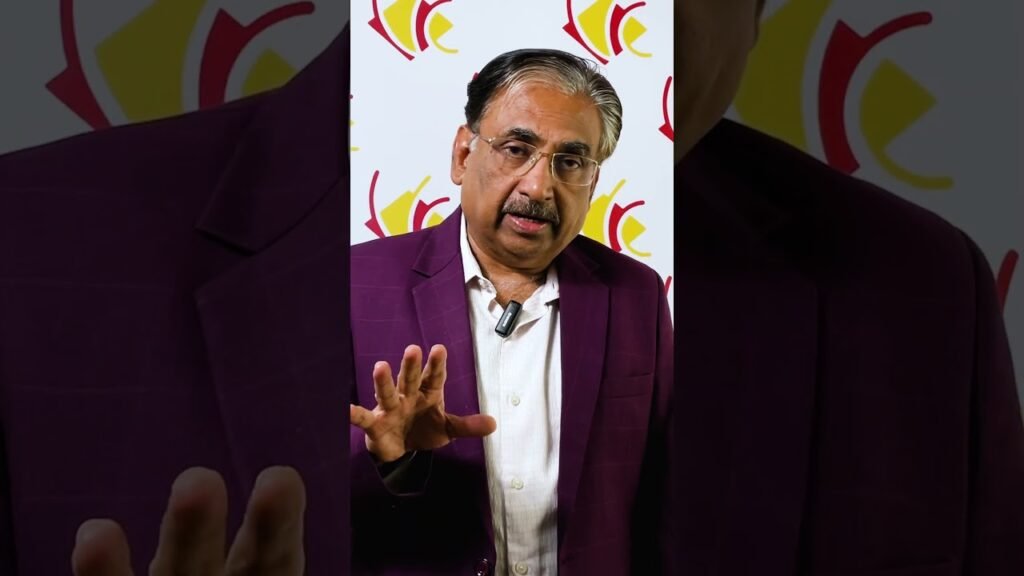Key differences between Minoxidil vs castor oil
When it comes to hair growth solutions, Minoxidil and castor oil are two popular options, each with distinct properties and applications. Understanding the key differences between these two can help you make an informed decision tailored to your hair care needs.
Mechanism of Action
Minoxidil is a clinically proven medication specifically designed to treat hair loss. It works by stimulating hair follicles, increasing blood flow to the scalp, and prolonging the anagen phase of the hair growth cycle. This FDA-approved treatment is available in various concentrations and is often recommended for androgenetic alopecia. In contrast, castor oil is a natural remedy known for its high ricinoleic acid content, which is believed to nourish the scalp and improve hair health. While it is not scientifically proven to regrow hair, castor oils moisturizing properties can support overall hair and scalp health.
Application and Usage
The application process for Minoxidil and castor oil varies significantly. Minoxidil is typically applied as a topical solution or foam directly to the scalp, usually twice daily, and requires consistent use to maintain results. Users might experience side effects like scalp irritation or unwanted facial hair growth. On the other hand, castor oil is generally used as a hair mask or scalp massage oil. Its often left on the scalp for several hours or overnight before washing out. Although it is less likely to cause adverse effects, castor oil can be thick and challenging to remove, which might not be suitable for everyone.
Effectiveness and Results
The effectiveness of Minoxidil and castor oil also sets them apart. Minoxidil has undergone extensive clinical trials and has a track record of promoting hair regrowth in individuals with specific types of hair loss. Users typically see visible results within 3 to 6 months of consistent use. In contrast, while castor oil has anecdotal support for improving hair thickness and luster, there is limited scientific evidence backing its efficacy in hair regrowth. Those seeking a natural approach may find castor oil beneficial for enhancing hair condition, but it is not a substitute for medically approved hair loss treatments like Minoxidil.


